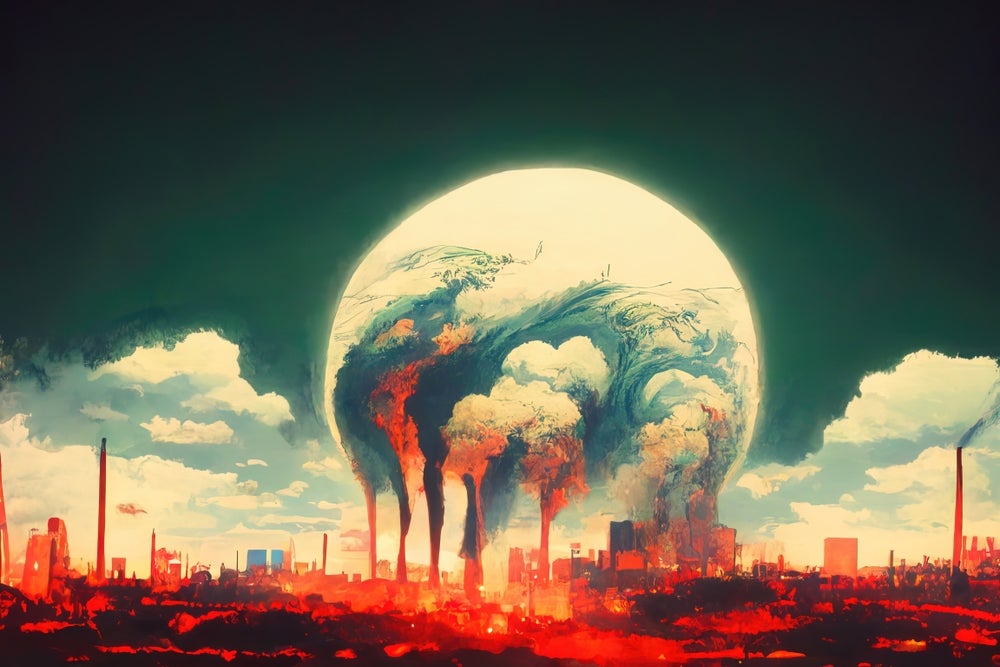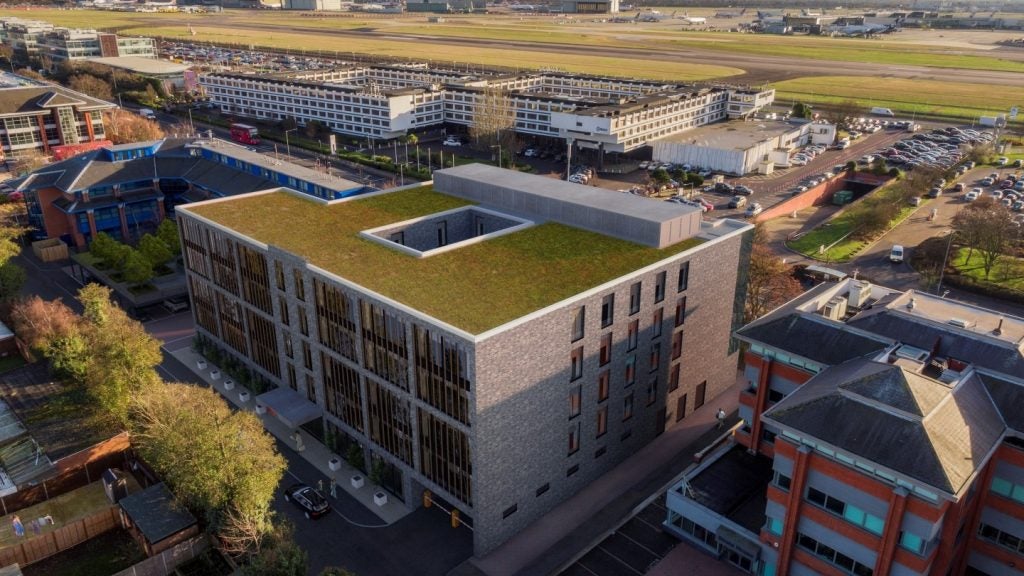
As the Covid-19 pandemic has passed, the hotel industry has breathed a sigh of relief and welcomed guests and renewed profits back to the “new normal”, with reinforced sanitation regimes in tow.
But this is not to say that the industry has emerged unscathed. Even now, hotels continue to be burdened with accrued debt from enforced closures and travel restrictions.
However, even in the depths of the pandemic, hotels still played a central role in people’s lives by offering quarantine spaces for essential travel. This kept open lodgings that would have otherwise remained empty for years or gone under completely, as many independent hotels did.
Now, the industry faces a challenge unlike anything before: climate change.
The advancing climate catastrophe is one that will affect every aspect of human life, but its effects on hotels are already becoming obvious.
The role of hotels in the face of climate change
A current and undeniable example of the effect of climate change on hotels is the wildfires raging in Rhodes, Greece, which have damaged 10% of the island’s hotels.
How well do you really know your competitors?
Access the most comprehensive Company Profiles on the market, powered by GlobalData. Save hours of research. Gain competitive edge.

Thank you!
Your download email will arrive shortly
Not ready to buy yet? Download a free sample
We are confident about the unique quality of our Company Profiles. However, we want you to make the most beneficial decision for your business, so we offer a free sample that you can download by submitting the below form
By GlobalDataThe wildfires are caused by a surge in global temperatures. The World Meteorological Organisation estimates that there is a 98% likelihood that at least one of the next five years, 2023 to 2027, and the next five-year period as a whole, will be the warmest on record.
Over 30,000 tourists have been displaced from Rhodes, causing a mass retreat from the holiday destination. Hoteliers are panicking due to a reported 40% decrease in bookings, with cancellations stretching months ahead.
For destinations that heavily rely on income from travel and tourism, such as Rhodes, the financial impact of environmental crises is substantial.
As in the pandemic with quarantining, hotels can offer shelter from all kinds of catastrophes.
But if the very environment a lodging stands in is life-threatening, a hotel becomes a dangerous place and will fall like any other building.
Disaster displacement and hotels
Hotels are already at the centre of the global refugee crisis, providing accommodation for displaced men, women and children.
This has caused controversy in the UK, with reports of inhumane conditions for refugees packed into small hotel rooms and a lack of compassion shown by officials.
As climate change continues to worsen, war refugees and asylum seekers will be joined by those displaced by environmental crises.
The UN Refugee Agency (UNHCR) reports that refugees, internally displaced people and stateless people are on the frontlines of the climate emergency, as many are living in climate “hotspots” where they typically lack the resources to adapt to an increasingly hostile environment.
Major arrivals of climate change refugees will only increase pressure on international hotels both operationally and financially.
The threat of climate change is an existential one that humanity as a whole must solve without delay.
GlobalData’s thematic research finds that climate action calls for an “all of the above” approach: regulation, voluntary action, technology innovation and self-interested action by companies seeking competitive advantage as they balance near-term and long-term business strategies.
Given the multi-stakeholder nature of the industry, hotels are well-positioned to come up with collaborative solutions and embed sustainability into their operations.







